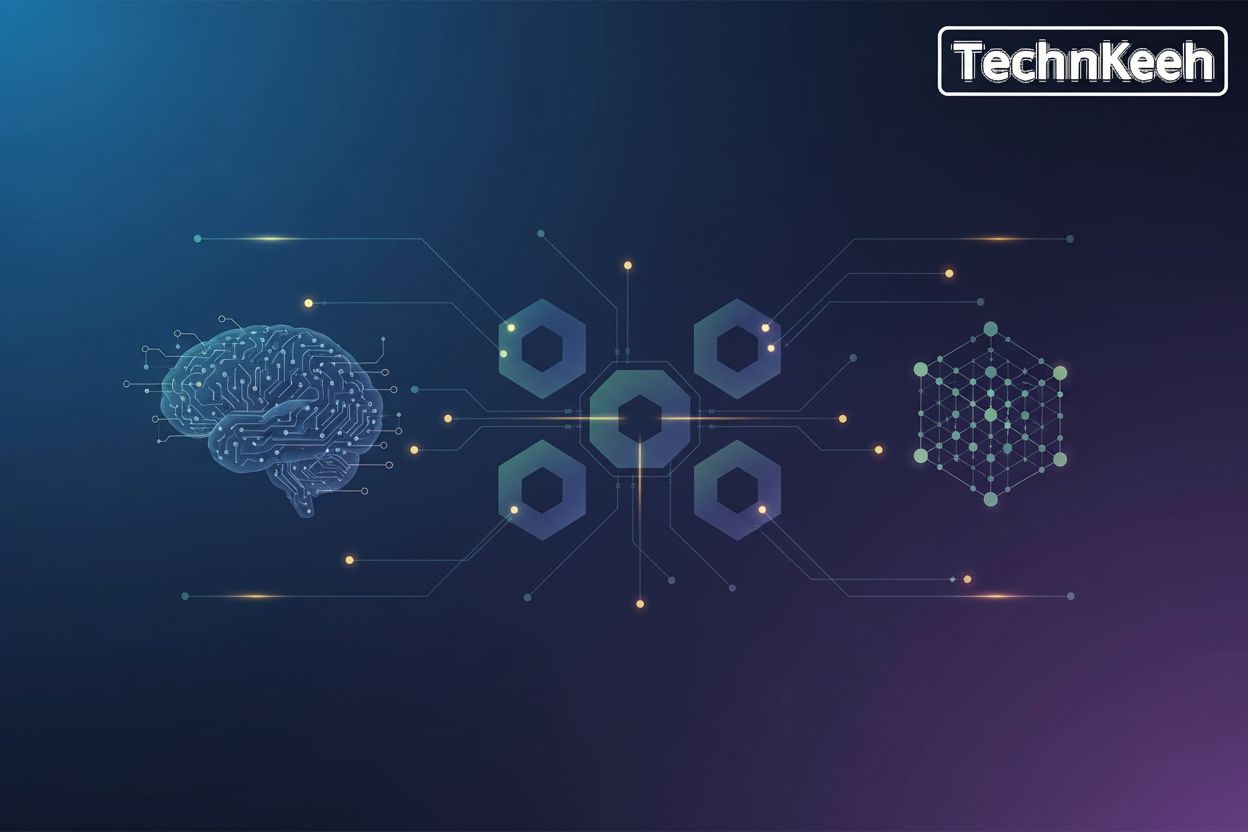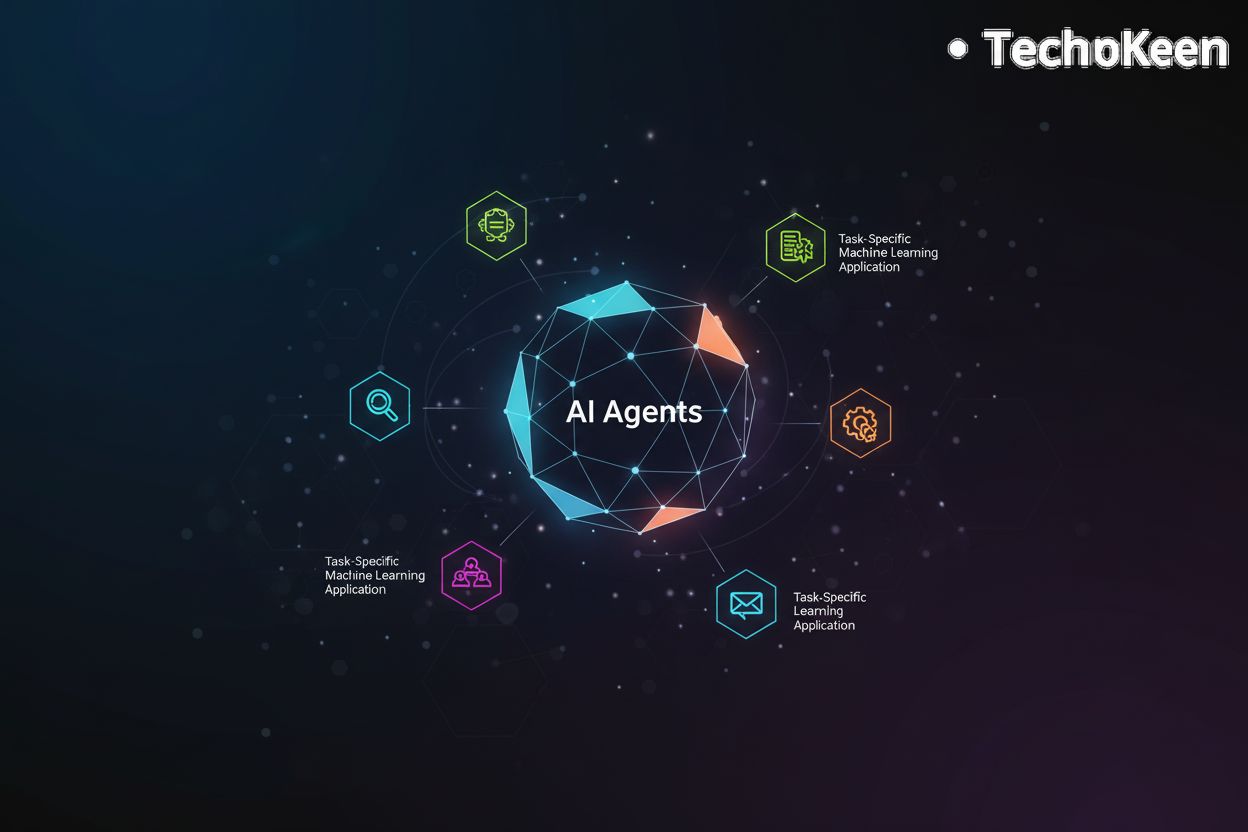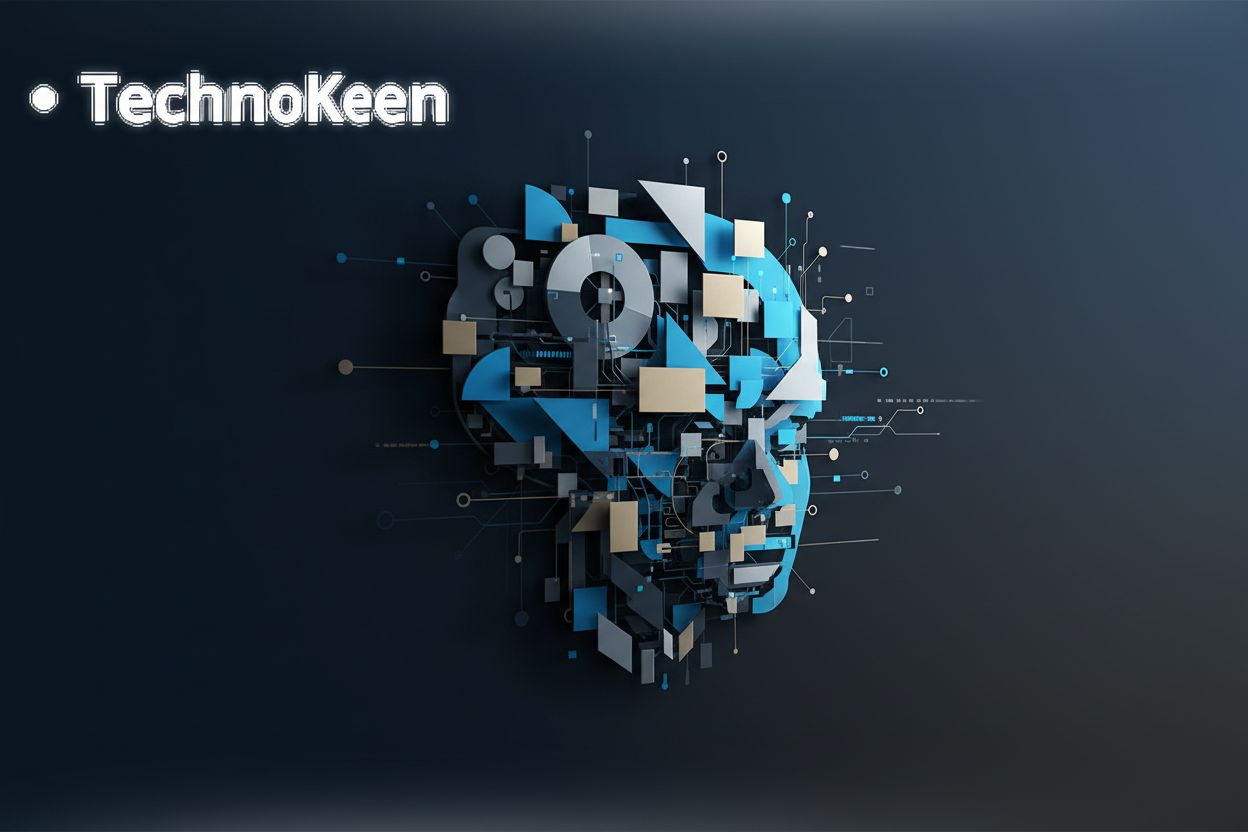An Automated Negotiation Model Based on Agent Attributes
TL;DR
Introduction: The Rise of AI in Negotiation
Okay, here's an intro to ai negotiations, trying to keep it real and maybe a little messy.
So, you know how everyone's talking about AI? Well, get this: ai is now trying to cut deals. Seriously!
It's a big deal, and here's a few key reasons why:
- Increased efficiency and speed. Think about supply chain stuff, right? No more endless email chains. ai can hammer out contracts faster than any human team. Plus, it never gets tired or needs coffee breaks.
- Reduced human bias. Ever wonder if your gut feeling is costing you money? AI doesn't care about if they like the other guy's tie. It's just about the numbers.
- Ability to handle large volumes of negotiations. ai can juggle tons of negotiations at once. The Automated but Risky Game: Modeling Agent-to-Agent Negotiations and Transactions in Consumer Markets shows how ai agents can navigate complex scenarios.
But what makes one ai negotiator different from another? It's all about their core programming and how those attributes shape their approach.
- Defining agent attributes as key differentiators It's all in the programming, man. Some agents are aggressive, others are collaborative. The right approach depends on the situation.
- How attributes influence negotiation outcomes An ai designed to be friendly might get a better deal in customer service. A cutthroat ai might be better for buying airplane parts.
- Examples of relevant agent attributes Think personality sliders in a video game. Risk tolerance, communication style, knowledge base—all these things shape how an ai negotiates.
Next up: what are these "agent attributes" anyway?
Core Components of the Automated Negotiation Model
Alright, diving into the nitty-gritty of how these AI negotiation models actually work. It's not just magic; there's some real structure under the hood.
So, what are these "core components" we keep hearing about? Think of it like building a negotiator from scratch, but instead of flesh and blood, it's code and data.
- Defining Agent Attributes: First, you gotta teach your AI what it's negotiating about. Is it price? Delivery date? Both? You need goals, strategies, and maybe some constraints.
- For example, an AI buying cloud storage might have "minimize cost" as its main goal but with a constraint like "must have 99.99% uptime."
- This is also where you quantify things. How valuable is that uptime? How much risk is the agent willing to take? For instance, an agent might be programmed with a utility function that assigns a numerical value to different outcomes, factoring in both potential gains and losses.
- Negotiation Strategies and Algorithms: Now, how does the AI actually do the negotiating?
- Competitive (go for the jugular), collaborative (let's find a win-win), or something in between. Then, you pick the right algorithms to make it happen.
- It's not enough to be collaborative; you need the right code to back it up.
- Decision-Making and Learning Mechanisms: What happens when the other side throws a curveball?
- The AI needs to decide whether to stick to its guns, compromise, or walk away. And it should learn from every negotiation.
- like, if it notices that being extra nice gets better deals in customer service scenarios, it should remember that for next time.
And that's the core of it. It's about giving the AI the right building blocks and letting it learn to be a master negotiator. Onward to the next piece of the puzzle...
Agent Deployment and Orchestration
Agent deployment and orchestration is a bit like managing a digital ant colony—making sure everyone's in the right place, doing the right job. How do you wrangle all these virtual workers?
Picking the right platform sets the stage, ya know? But, uh, it's not a one-size-fits-all thing. There are a few factors to consider:
Scalability: Can the platform handle a growing number of agents and negotiations?
Integration Capabilities: Does it play nice with your existing software and systems?
Security Features: How well does it protect your data and agents?
Cost: What's the budget look like?
Ease of Use: How much of a learning curve is there for your team?
Popular AI Agent Platforms: Many platforms offer pre-built tools for integrating ai agents.
Selecting a Good Platform: Think about your existing systems and what kind of skills your ai agents need.
Designing Automated Negotiation Workflows: Lay out the steps, from start to finish, so your ai agents know what to do.
Integrating AI Agents into Existing Business Processes: Make sure your ai agents play nice with the way you already do stuff.
Examples of AI Agent Workflows in Different Industries: Imagine healthcare ai agents scheduling appointments or retail ai agents negotiating prices with suppliers.
So, scaling ai agent deployments is a must, but how do you keep it from breaking the bank, eh?
- Strategies for scaling ai agent deployments: Cloud platforms let you scale up or down as needed.
- Managing resources (e.g., computing power, data storage) effectively: Keep an eye on how much juice your ai agents are using.
- Cost optimization techniques: Shop around for the best deals on cloud services, or maybe even build your own ai server.
Alright, next on the list... security.
Security and Governance
Okay, let's talk agent security – no sugarcoating here.
Think about it: if you're letting AI agents negotiate deals, you really need to lock down who can access them and what they're allowed to do.
- Identity and Access Management (IAM) becomes vital. You don't want just anyone tweaking your ai negotiator's settings, or worse, impersonating it.
- Authentication and authorization is key. Like, making sure the ai is who it says it is, and that it has permission to do what it's trying to do.
- RBAC and ABAC can help. You could set up role-based access controls (rbac) so only certain teams can manage certain ai agents. Or attribute-based access control (abac) which lets you define access based on all sorts of factors.
IAM might seem like overkill, but it's a must-have for responsible ai deployment. Let's move on to compliance.
Real-World Applications and Considerations
I get it, compliance can be a beast, especially when you're entrusting AI agents with sensitive tasks. No one wants a rogue bot leaking data or getting the company fined!
So, how do you keep these digital guys in check and ensure they're used effectively?
- Compliance automation is key. Use ai tools to monitor ai agent activity and flag any policy violations.
- Regular security assessments are a must. Like, pen-testing your AI agents to check for vulnerabilities.
- Ethical considerations and fairness: As AI agents become more autonomous, ensuring they operate fairly and without bias is paramount. This involves careful design and ongoing monitoring.
Onward to the next piece of the puzzle...
Challenges and Future Directions
One big thing to consider? How to keep these automated ai negotiators from going off the rails...
Here are a few key areas where things get tricky:
- Numerical Reasoning: Current ai ain't exactly Einsteins when it comes to numbers. Better numerical skills are a must. Responsible development here means focusing on robust mathematical models and testing for accuracy.
- Transparency and Explainability: Need to make sure the ai isn't a black box. We want to know why it made that deal. Responsible development involves building explainability features into the AI's architecture.
- Collaboration and Communication: ai agents need to chat effectively, not just spit out numbers. Responsible development means creating protocols for clear and nuanced inter-agent communication.
But how do we move forward? It's all about responsible development.
Conclusion
Alright, let's wrap this up.
So, automated negotiations? Not as simple as slapping some AI on a problem. But it's also not rocket science.
- Efficiency boost Think faster turnarounds and less human error. It's about getting more done, quicker.
- Security is key Don't leave your AI agents vulnerable. IAM, authentication, and authorization are your friends.
- Compliance isn't optional A little compliance automation will save you from big headaches later.
Keep in mind, it's not just about the tech. It's about how we play nice with it, and making sure the ai does to. It is really important to ensure these systems are transparent and, above all, fair.
So, should you jump on the ai negotiation train? Might be worth a look.




